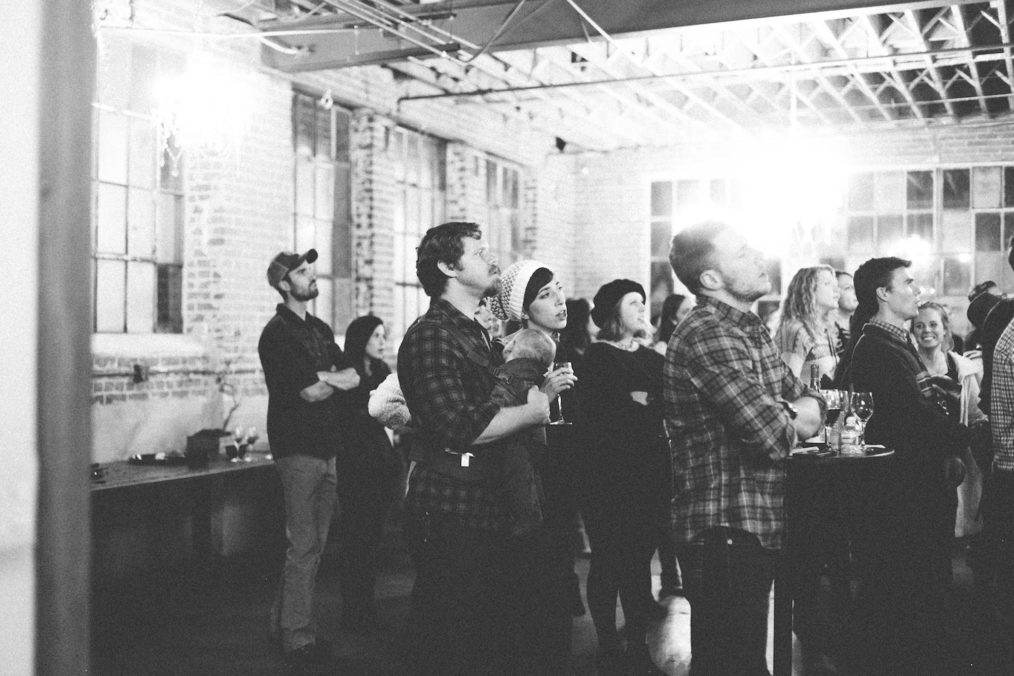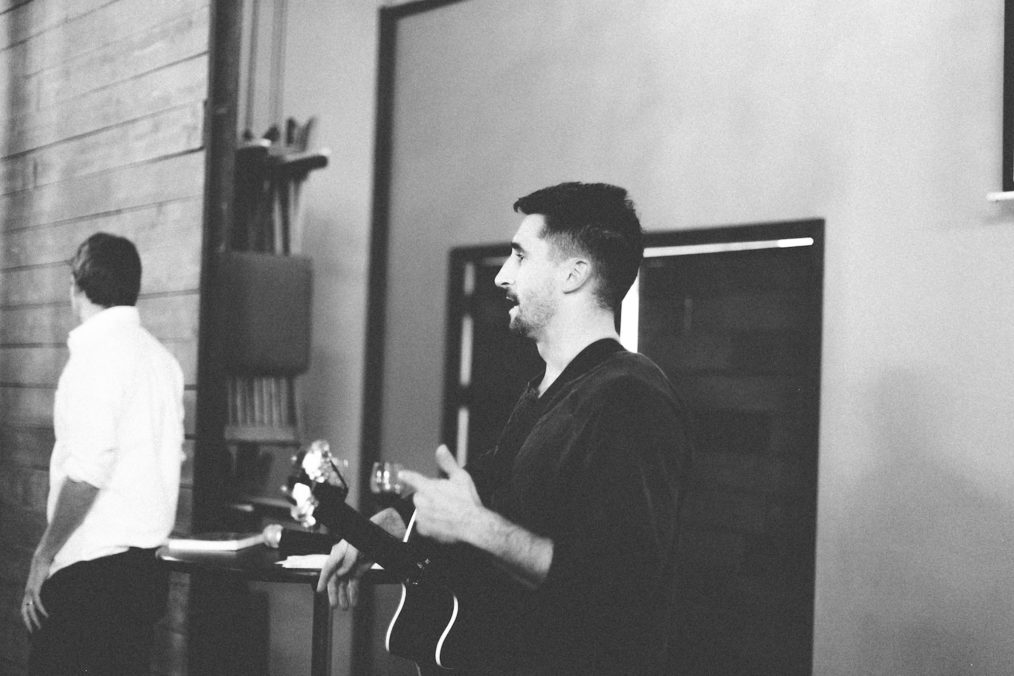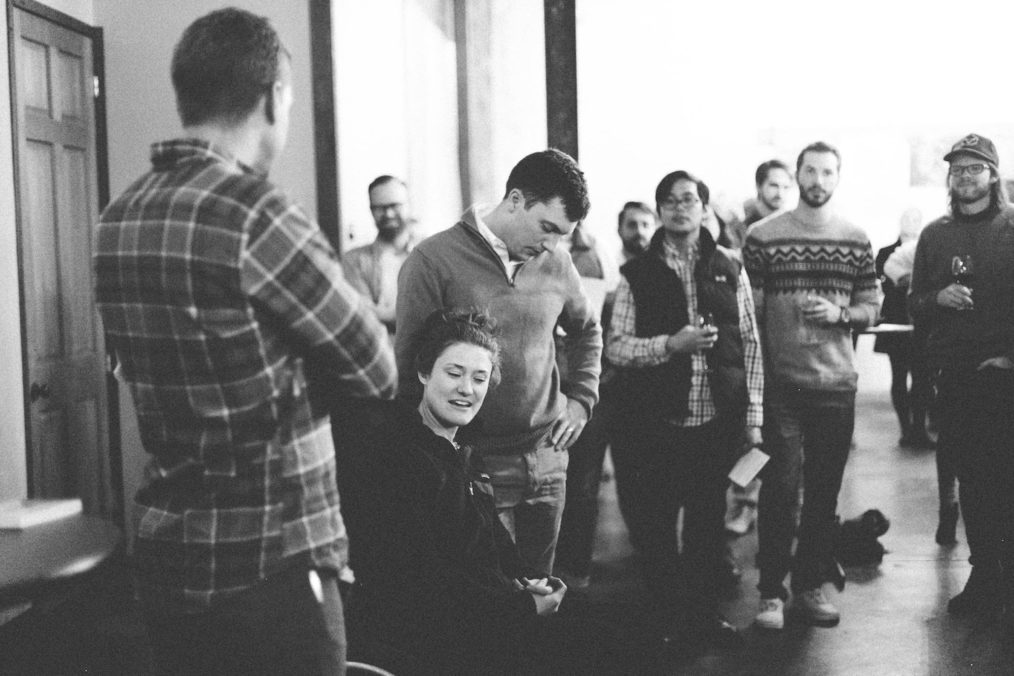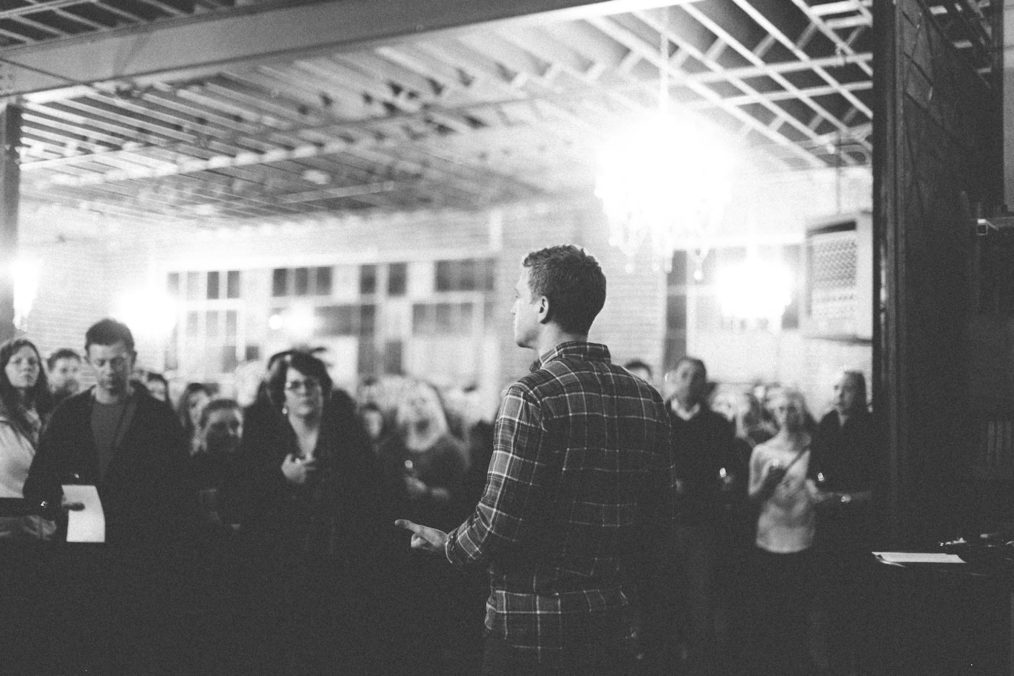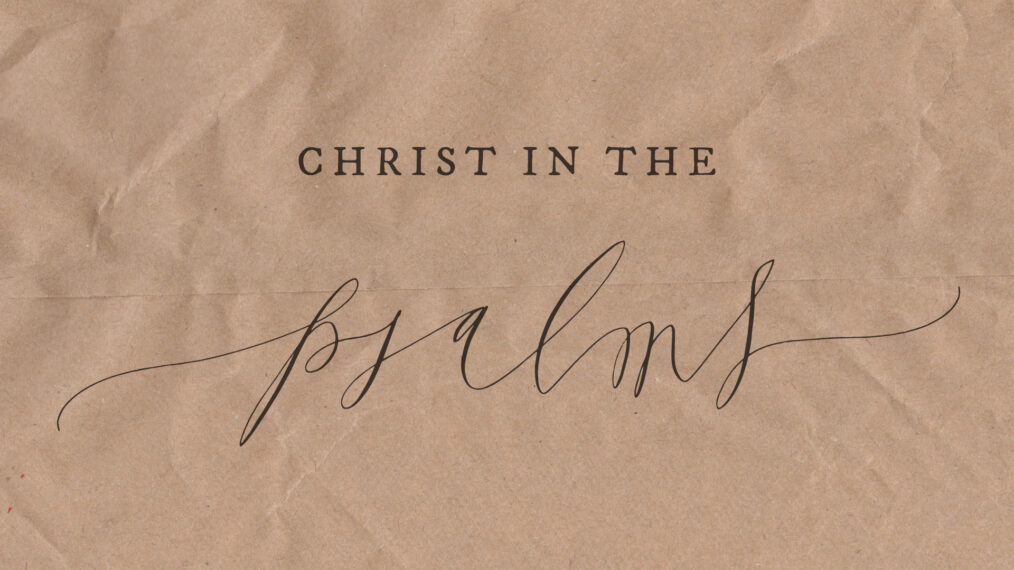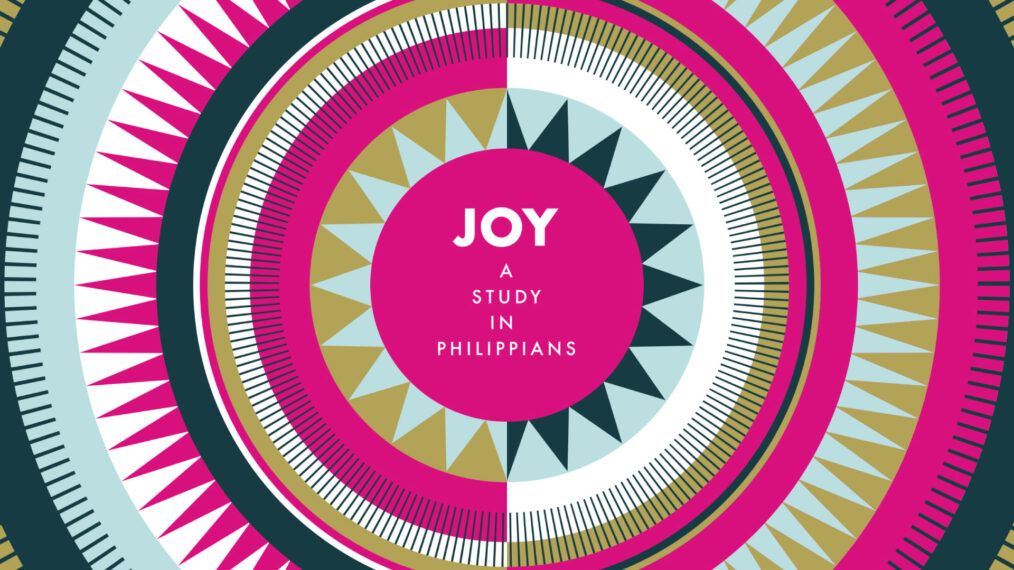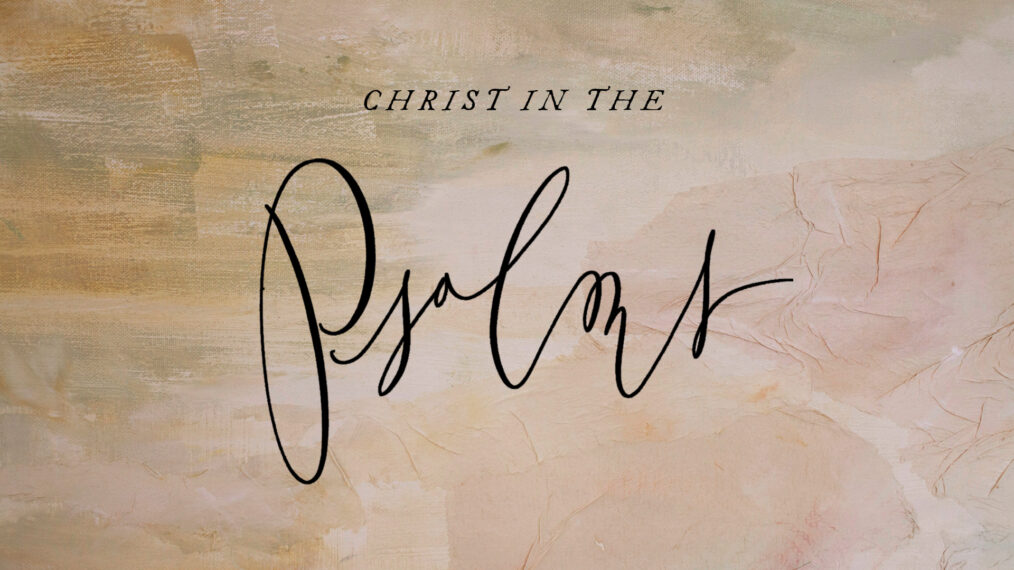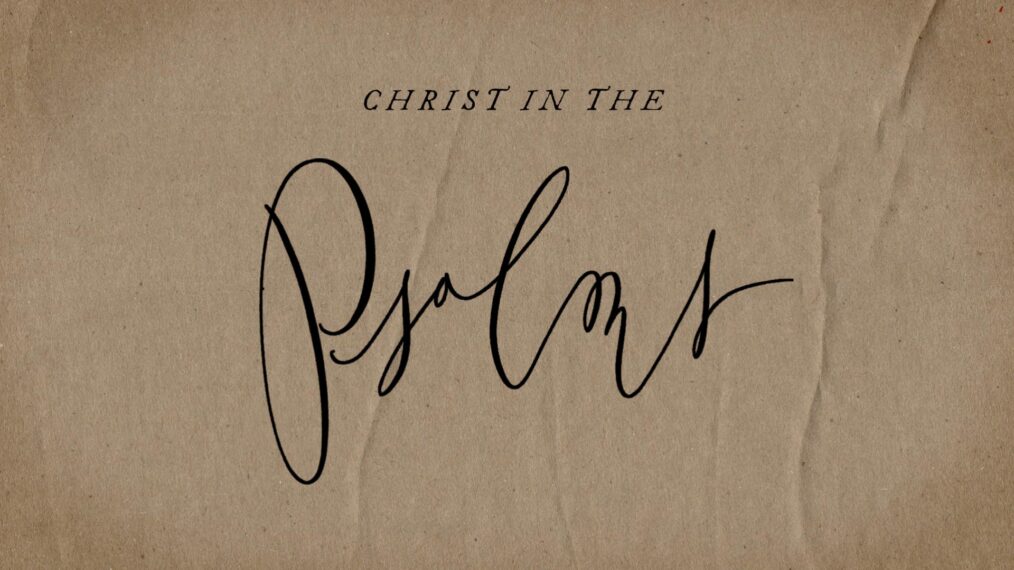Around 300 of us gathered at Moss Denver on November 30 to celebrate our fourth annual Bread & Wine event.
Why do we return to this celebration year after year?
Our tagline for Bread & Wine is as follows: An evening to taste and see the glory of God through his good creation. Let’s unpack this a bit.
Think back to the last meal Jesus shared with his group of disciples before his crucifixion. There in the upper room, God incarnate grabbed two of the most basic elements of mealtime – bread and wine. And with a couple sentences he breathed new meaning into them: “Take and eat; this is my body… Drink of it, all of you, for this is my blood of the covenant, which is poured out for many for the forgiveness of sins.”
Jesus selected common elements to represent the drastically uncommon – God’s reconciliation of His people to Himself through the labor of His Son.
But wait. Could there be another layer of import woven into Jesus’ actions that night?
It’s fascinating that Jesus chose elements that required human activity and involvement in order to create. Truth be told, he could have used barley instead of bread, grapes instead of a Grenache. His selected symbols for his sacrifice on the cross could have been items that exist within untouched creation, apart from the work of people.
But they weren’t. He chose bread and wine – elements that necessarily require the work of human minds and hands – to represent his reconciling work, work that actually created the family of God.
This demonstrates the value God places upon the activity to which he has called us. Certainly, the sovereign Lord of the cosmos is Himself working salvation for his namesake through the narrative of human history. And yet, he knits our individual and localized stories into this grand narrative, ushering us to play our part in restoring all things through our daily actions.
In short, God’s redemptive and unifying grace is communicated and established through human interaction with one another and the created order. And it is in these places that we see the very glory of God. But only if we’re looking for it.
That’s why we host Bread & Wine each year. We need regular reminders to experience our dynamic world as one that is “charged with the grandeur of God.” These reminders need be more than verbal; oftentimes we need embodied practices to teach our souls what our intellect may already grasp.
This particular evening we highlighted the role and reality of hospitality in the renewed Christian family. You see, this “bread” was broken for us, and this “wine” was poured out for our sins, that we may be brought near to our Father. Like the prodigal son from Luke 15, we have run away from the Author of Truth, Beauty, and Goodness in order to glut ourselves on cheap substitutes. But through the meal of Jesus’ body and blood, we are recreated into the family of God.
Now, compelled by this infinite hospitality shown to us, may we step into our daily lives portraying this same gracious welcome, making use of the material things at our disposal to sacrificially love those around us.
What a beautiful, merciful, and creative God we serve!
Photos of the event taken by Melanie Fenwick.

